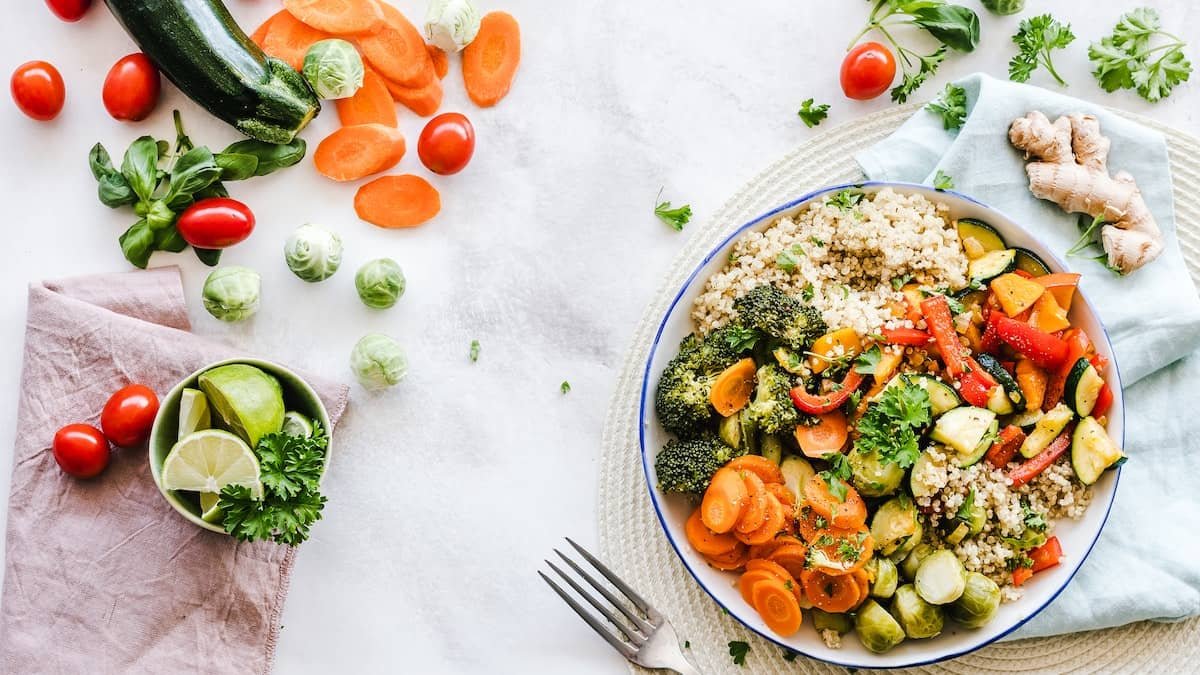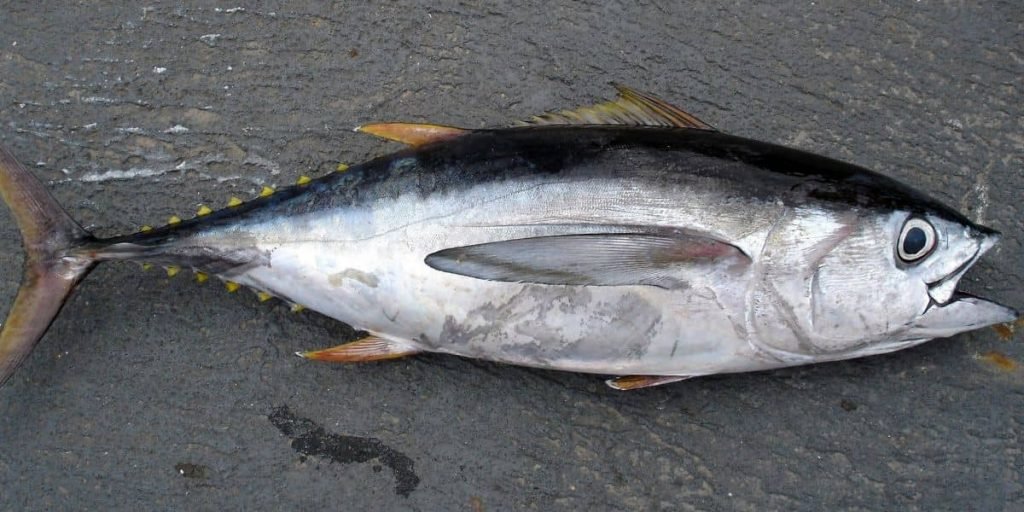Vegetarian, Vegan, Flexitarian or Pescatarian: What are the differences?

In an ever-changing world protecting the future of this planet, vegetarianism is the most “sustainable” diet. Bridging its nutritional challenges, however, various forms are emerging, such as the more recent Pescatarian and Flexitarian.
Not sure which version of the vegetarian diet to follow? By reading this article you will definitely be able to judge which one suits you best.
The many forms of vegetarianism
Choosing a vegetarian diet means that you will be eating mainly plant-based products and limiting animal foods. The degree to which you restrict animal foods is what will determine the “title” of your vegetarian diet.
Although there may not be absolute cut-offs in some cases e.g. how often animal in flexitarian or how much fish in pescatarian, the allocation is to the smallest feasible/possible for reasons usually ecological.
For others, however, the reasons for abstaining from eating animal foods may be religious, with Christian fasting being a prime example.

Standardized food
Initially, what was of more concern to someone wanting to follow a vegetarian diet than standardized and packaged products was their suitability in terms of ingredients.
This problem has been solved, however, with the special labelling they carry. Then the need arose to invent ways of simulating, mainly in terms of taste, animal foods from plant foods. It is remarkable how quickly and creatively the food industry has responded to this!
But what has become much more of a concern to the vegetarian community than packaged foods now is the degree of processing of the food until it reaches the form of simulated animal foods. What is the ecological footprint of this processing?
Nutritional challenges in vegetarianism
The first nutritional challenge in a vegetarian diet is initially how to meet the nutritional needs of the gaps left by abstaining from animal foods.
Indicative ingredients that need extra attention in order of priority are protein, iron, zinc, vitamin B12, calcium and vitamin D as well as polyunsaturated omega-3 fats.
What you need to know is that nutritional balance is achievable in vegetarianism as long as you are well organized and have a good relationship with the kitchen!
Does it often happen to you that because you are a vegetarian and may not find many options outside, you end up with junk?
The second nutritional challenge of vegetarianism is to avoid overloading your diet with ingredients that are not good for your health such as saturated and trans fats from French fries!
Or possibly, because you don’t know where to get your protein from, overloading yourself with only starch!
So it takes a basic nutrition education from a dietitian to independently and consciously start a well-planned diet that is good for your health.
Related: High Starch Diet: 23 Foods High in Starch to Avoid
Is it suitable for everyone?
You’ll probably have second thoughts about population groups such as pregnant women, breastfeeding women, children, patients… and rightly so, because things get more challenging in these situations where nutritional needs change.
But the truth is, it can be an option for (almost) everyone provided there is organization and consistency in some basic principles of balanced nutrition. My only reservation is in infant and child nutrition.
The dietary guidelines for Australia for example do not recommend strict vegetarianism for infants and young children.
Vegetarianism and health benefits
Most national guidelines around the world conclude that the healthiest dietary pattern is vegetarian, such as the Mediterranean Diet as they typically say.
Of course, the Mediterranean Diet does include quantities of animal foods, albeit much less than current observed consumption!
So, yes, vegetarianism is associated with many health benefits. For example:
With this data, one would think that vegetarianism contributes to better health and well-being.
Short answer.. Definitely!
But we should not overlook the fact that the profile of people who choose to eat this way often shows other beneficial habits.
E.g. they tend to exercise more, they are not as frequent smokers or consume as much alcohol, and contact with nature often contributes to better stress management!
Which of these do you also deal with?
Vegetarianism for normal body weight?
As I mentioned in the previous section, one of the benefits of vegetarianism seems to be better weight regulation. However, this may not only be because of vegetarianism of this every one.
A lifestyle that possibly includes physical activity in addition to conscious eating will perform better. If there is anything you should keep in mind for weight regulation while vegetarian is:
Build a good relationship with the hunger and satiety signals your body gives you since the animal protein you avoid would increase your satiety. Protein rich plant food alternatives that are usually filling are also high in fat and calories.
“All things considered” applies even if the foods are plant-based. Portion is a key tool to regulate your energy intake to your advantage.
Which one to choose?
If you ask me, I’m closer to the flexitarian diet. But since it’s the same as the Mediterranean Diet essentially, I’ll go with the Mediterranean Diet!
It is distinguished not only for its health benefits but also for its small ecological footprint and is already in the Greek philosophy and tradition.
